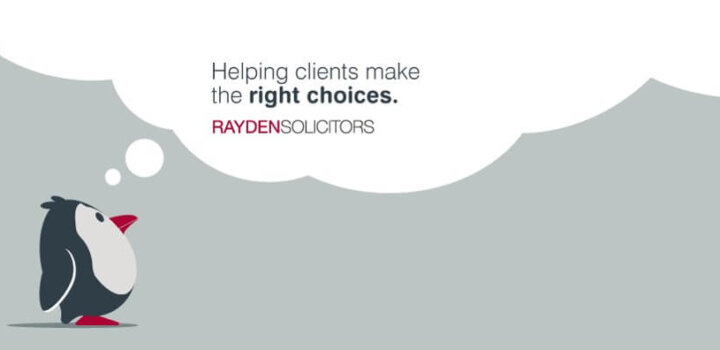Before 1858, a divorce required a private act of Parliament so the opportunity was only available to a few people. Today, whilst divorce is a far more common occurrence, there is still only one legal ground for divorce, which is that the marriage has irretrievably broken down. This can be proved by establishing one of the following five facts, adultery, unreasonable behaviour, desertion, two years’ separation with consent or five years’ separation.
When someone has obtained decree absolute (the final decree of divorce meaning the marriage is dissolved and you are divorced) is their divorce then a matter of public record? The simple answer is yes. Anyone will be able to obtain a copy of the decree absolute, as with birth, adoption, marriage, civil partnership and death certificates.
How do I find a copy of my divorce records?
It is relatively easy to obtain a copy of decree absolute (1858 to present) and the government website provide details of how to request a copy.
You can contact the court where the divorce, dissolution or annulment took place to get a copy of a decree absolute or final order (you will have to pay the court an administration fee for this service).
It would be helpful if you know the case number but if you do not, you can give the court the date you think the case happened and they will search 5 years of records either side of that date. If you do not know which court to ask, you can ask the Central Family Court to search for the decree absolute or final order at an additional cost.
Where are divorce records in the UK filed?
There are several ways you can search for public divorce records in the United Kingdom. Whilst it is useful to know the date the parties were divorced, in most cases the only key information you will require is the name of the petitioner (the spouse who started the divorce proceedings) and the respondent of the divorce.
Divorces that happened in England and Wales between 1858 and 1937 are found in the National Historical Archive. After 1937 they are in the County registrar’s office and the historical archives. For divorces that took place in Scotland you will need to contact the National Records of Scotland and for Northern Irish divorce records you will need to contact the court where the divorce was granted (either the Royal Court of Justice Belfast or a county court).
What divorce records in the UK are public?
Whilst divorce files can contain petitions, certificates and copies of the decrees nisi and absolute, only the decree absolute is considered a public record. Details of unreasonable behaviour in an undefended divorce petition are not divulged to the general public and so no-one but the parties themselves need ever know what was in the petition.
Information in the public records includes:
- Both parties names
- Date of marriage
- Place of marriage
- Details of the court granting the divorce
How long do solicitors keep divorce files?
In the first instance, it may be easier to contact your solicitor who carried out your divorce to see if they can provide you with a copy of your divorce file.
The Solicitors Regulation Authority does not provide timescales for the storage of files, the matter needing to be considered and assessed by the principals of the firm in accordance with the Solicitors Regulation Authority’s Code of Conduct. By way of an example, Rayden Solicitors will always archive and conversely destroy files in an appropriate manner, the default period being 7 years. In the case of Wills and pre-nuptial and post-nuptial agreements, files will not be destroyed, instead being archived separately and held indefinitely until required. Get in touch with our specialist divorce solicitors to find out more about obtaining your divorce records.
















